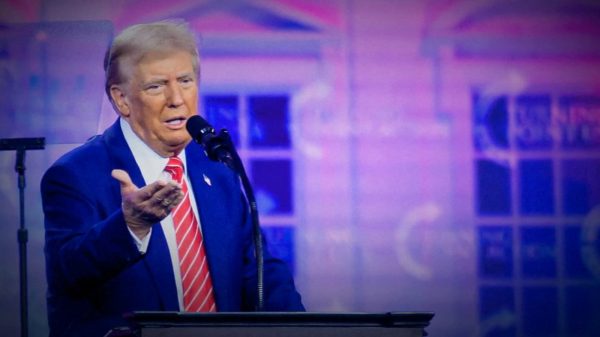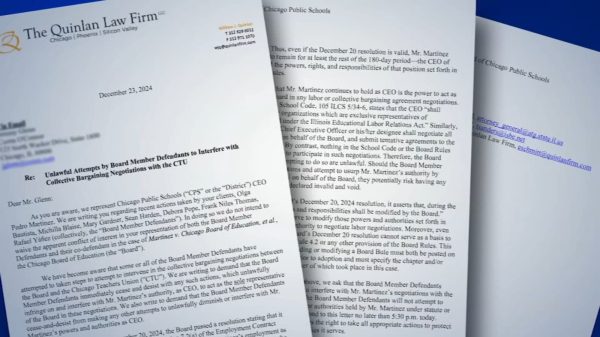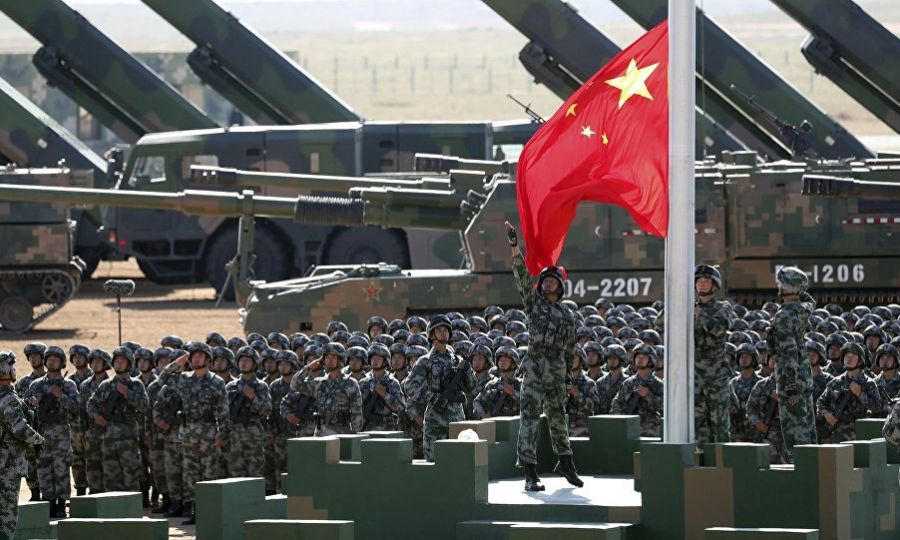Chinese President Xi Jinping has initiated a significant anti-corruption campaign within China’s military, causing a stir in the country’s defense establishment and drawing attention from global observers. Reports from U.S. intelligence sources reveal a substantial military purge, raising concerns about the extent of corruption’s impact on China’s military readiness and its potential ramifications in international relations.

Photo from Google
Scope of Corruption in China’s Military
The anti-corruption drive unveiled by Xi Jinping has unearthed alarming instances of corruption within various branches of China’s military, including the Rocket Force and the defense industrial base. Disturbing revelations range from missiles filled with water instead of fuel to malfunctioning missile silos, underscoring the concerning state of the nation’s defense infrastructure.
Over the past six months, Xi’s relentless campaign has resulted in the removal of numerous high-ranking defense officials. While this purge stands as one of China’s most extensive, it hasn’t weakened Xi’s political authority. Instead, it signifies his unwavering commitment to combating corruption within the military and securing China’s long-term military readiness.
However, global concerns have arisen regarding the implications of this corruption on China’s efforts to modernize its armed forces, particularly the Rocket Force, essential in any potential actions involving Taiwan. Despite limited public disclosure from the Chinese military, Xi Jinping remains steadfast in his anti-corruption efforts, intensifying the “war on graft” within the armed forces.
READ ALSO: Historic Elephant Walk Showcases Beale Air Force Base’s U-2 Spy Planes
Implications and Future Prospects
The ongoing crackdown on military corruption by Xi Jinping prompts global observers to ponder its potential impacts on China’s military capabilities and international relationships. The lack of transparency regarding these internal struggles raises significant questions about China’s defense strategies and the dynamics of regional security.
As Xi Jinping’s anti-corruption drive continues, the broader implications extend beyond the military’s internal affairs, stirring debates on the future trajectory of China’s defense strategies and its influence on global security dynamics.

















































